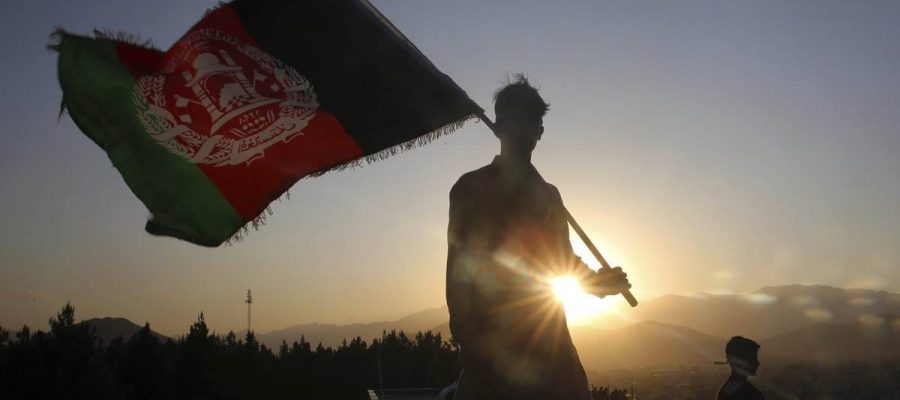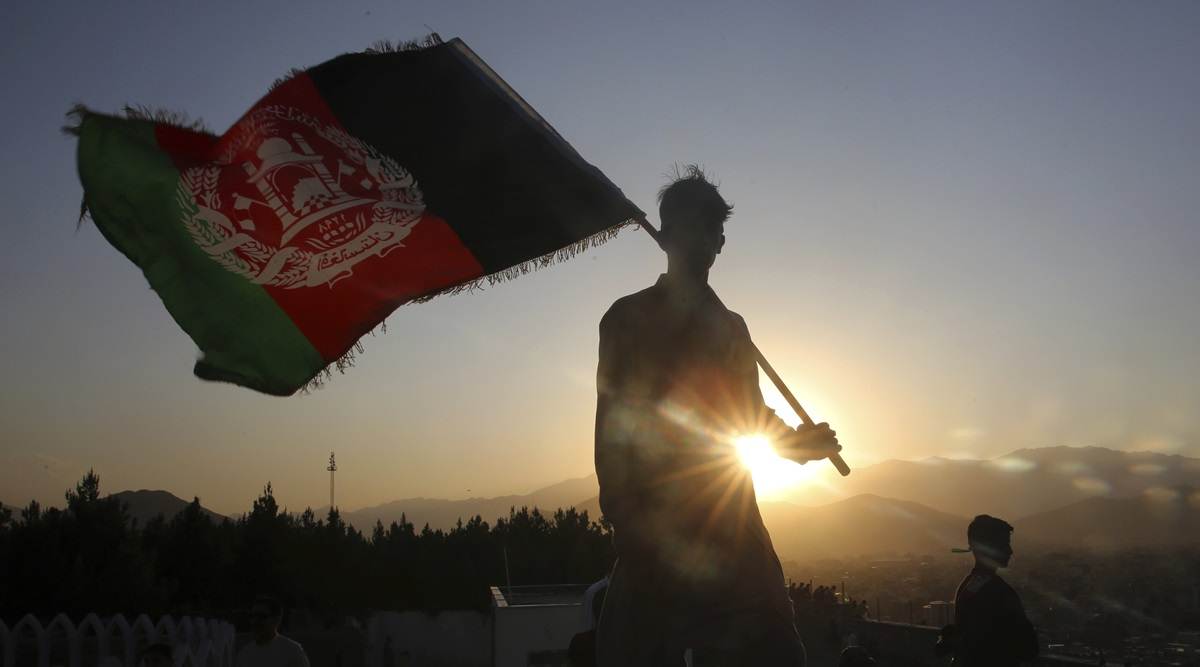In this difficult situation, the one thing that is in India’s favour is the dominant public opinion in Afghanistan. India’s security establishment must convert it into a strategic advantage.
The Americans now want India to be a part of Afghanistan deliberations. US Secretary of State Tony Blinken wrote to Afghan President Ashraf Ghani recommending an UN-led deliberation hosted by Turkey and participated in by the US, Pakistan, India, Iran, Russia and China. In other words, the “Doha process” will become the “Istanbul process”. But the Russians do not want India. Russia has called for its meeting in Moscow, where India was not invited. India would “eventually” be a part of the process, Russia said. It is obvious that Russia was not keen on India’s participation. Earlier, India was not keen either when it was invited by Russia, despatching two junior officers from the External Affairs Ministry as passive spectators.
Afghanistan is America’s latest bloody nose in Asia. Almost all US interventions in the region after World War II have been major disasters. In Korea in the 1950s and Vietnam in the 1970s, the Americans were humiliated by forces supported by Mao’s Red Army. The record in South and West Asia has also been one of strategic blunders and tactical failures. In Iran, it repeatedly cut a sorry figure. The Afghan story, too, does not seem to end differently.
The problem with America is that it is a reluctant superpower. Sitting in a safe cocoon with vast oceans and friendly powers on all sides, the country hardly has any serious security challenges emanating from near about. The long-distance challenges are largely from unstable regions like the Middle East or rising new powers like China. The Americans are thus a relaxed people. Having developed enough military might to evade any future Pearl Harbour and 9/11-type attacks, American public opinion now swings in favour of reduced global responsibility. Theodore Roosevelt was the first US President before World War I to encourage a greater role for America in the global security landscape by calling for the formation of a “World League for Peace of Righteousness”. President Woodrow Wilson made it a reality in the form of the League of Nations after the war. Franklin Roosevelt (FDR) laid the foundation for the United Nations Organisation after World War II.
Both Wilson and FDR faced resistance largely from the Republicans, who insisted that America’s enthusiasm to build a new world order is against the principles of its founding fathers and would be costly for its people. Wilson defended his initiative by insisting that America’s interests lie in a “liberal Europe, peaceful Asia and open and safe oceans on which the Americans and their goods can travel safely”. “Such a world could not be built except around American power. If Americans instead turned back to their narrow, selfish, provincial purposes, the peace would collapse,” he warned. FDR dismissed his critics, insisting that even if America were not threatened by Germany and Japan directly, “a world in which those powerful dictatorships dominated would be a shabby and dangerous place to live in”. Dean Acheson, President Harry Truman’s Secretary of State, had declared that the US would be “the locomotive at the head of mankind”.
Yet, the core American public sentiment remained one of a reluctant global player. Even before it puts one foot in a troubled country, it readies the other foot for return. It largely plays it safe. We have seen its hot and cold manoeuvres in Pakistan several times. It is happening now in Afghanistan. The Americans are in a hurry to go back before May 1, 2021. After the highly-lopsided Doha agreement, they are now putting pressure on Ghani to share power with the Taliban without an election. They did the same thing in the 1990s after the withdrawal of Soviet troops. They not only supported Gulbuddin Hekmatyar’s mujahideen to fight the Soviet forces but allowed them to train their guns on Najibullah’s government and take over the country.
History is repeating itself now. After the Taliban takeover, the Americans want the mess to be handled by countries like India. India has been a reticent regional power in all these decades. It is the largest development donor of over $3 billion in Afghanistan. Yet, it stayed away from conflict resolution activity for all these years. It would display righteous indignation at being excluded from the Doha talks, but privately, the leadership was happy to be out of the quagmire.
Before deciding to change that reticence, India must take into account a few ground realities. The Taliban are a much stronger force in Afghanistan today. They control almost all highways. Their estimated strength is between 80,000 to 1,00,000 warriors. On the other hand, the Afghan forces will be substantially weakened in the absence of American airpower. India does not have any friends in the Taliban. The romantic notion that there cannot be any “good” and “bad” Taliban has led to its refusal to engage even when sections of the Taliban wanted its support. Nor does it have any great friends on the other side after the tragic killing of General Razik two years ago. A new non-Arab Islamic arc is emerging in India’s neighbourhood comprising Pakistan, Iran, Iraq, Syria and Turkey. A Taliban regime in Afghanistan would naturally become a member of that arc. Iran is the only country in the arc with whom India has better relations. Finally, China. While America is a reluctant superpower, Xi Jinping’s China is an aggressive superpower. “Time and momentum are on our side”, Xi declared recently at the Fifth Plenum of the Communist Party. Xi will play an active role in Afghanistan with the help of his comrade-in-arms Putin once the US withdrawal is complete.
There is a proverb that aptly portrays India’s predicament: “Holding the tail of a tiger” . You can neither hold on to it nor leave it. Afghanistan is that tiger. India should tread cautiously. One thing in India’s favour is the dominant public opinion in Afghanistan. Converting it into a strategic advantage is the challenge that India’s security establishment should be seized of.
The writer is member, board of governors, India Foundation
Source: Read Full Article


